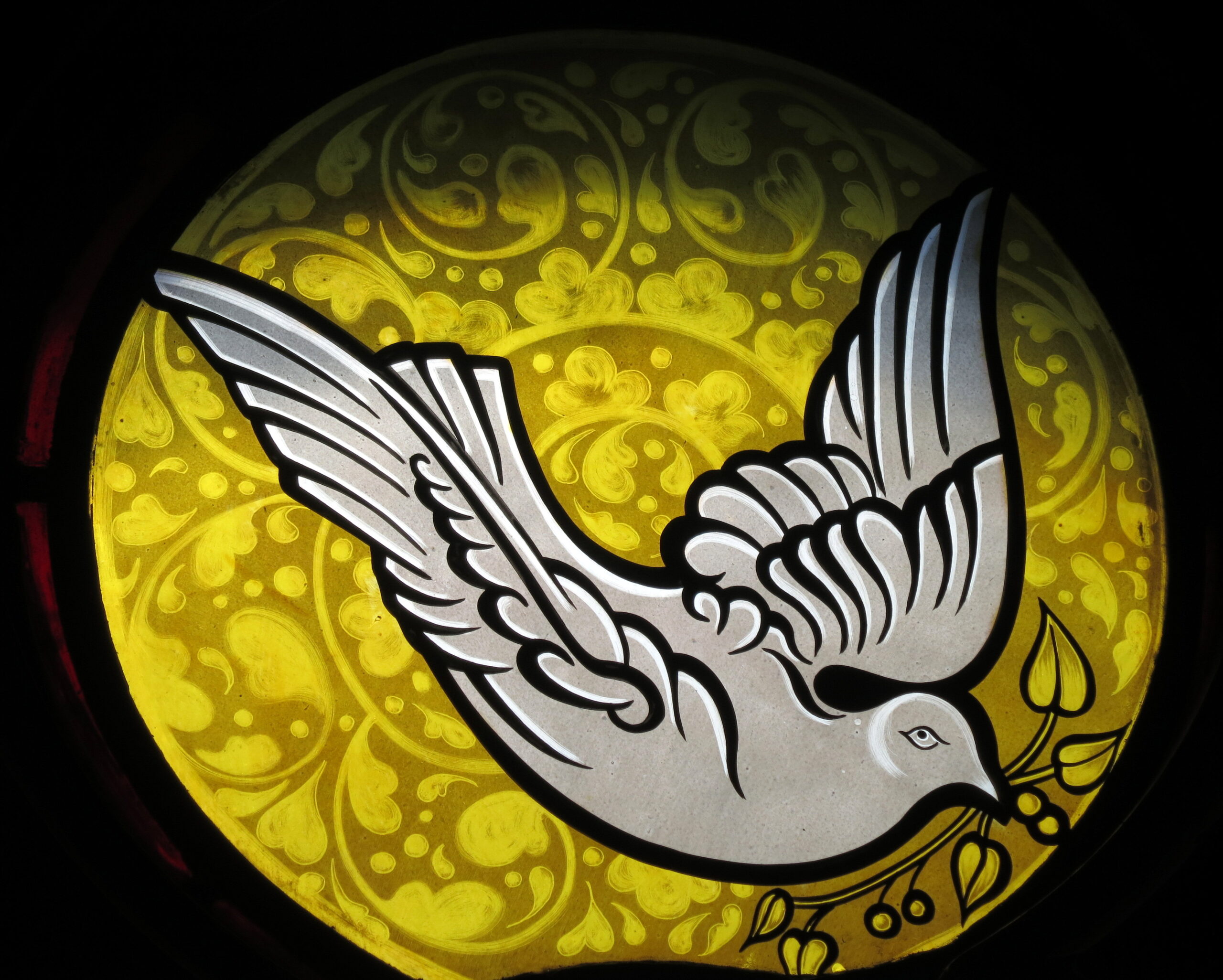The Peace We Seek
A prophet finds no acceptance in his own home or country. It could be so for many reasons, one being that true prophets speak the full truth. They do so to guide, warn, or offer hope. But, as the saying goes, the truth hurts, and the prophets end up alienating people. And if they be rich and powerful people, prophets will soon be at the receiving end of all sorts of punishments. It has been so since times immemorial, and is true even in our world that swears by openness, transparency and democracy.
It is therefore not surprising that the prophet Jeremiah in the First Reading (Jer 38: 4-6, 8-10) suffered what he did at the hands of the powers-that-be. It was the year 588 BC, when the king of Babylon had besieged the holy city of Jerusalem. God’s spokesman, finding it suicidal to resist the enemy, advised the country to surrender. His message, however, was not music to the ears of the political leaders. They first tried to prevent him from being in touch with the people. Then, egged on by the puppet king Zedekiah, they condemned him to death. Zedekiah was fated to be the last king of Judah before its destruction by the Babylonian Empire.
Meanwhile, Ebedmelech the Ethiopian prevailed upon the king to reverse his decision. Accordingly, Jeremiah was lifted out of the miry cistern of Malchiah. Ebedmelech, whose name meant Servant of the King, was evidently a believer in Israel’s God. He was an honourable man, the likes of which are rare. Really, how many men of character like the African who saved Jeremiah can we find in our midst today?
Alas, crisis of character is the bane of our times. There is an undeniable decline in moral principles and ethical behaviour, and a visible erosion of trust in institutions and leaders. Those in power are expected to protect and save, but they turn into predators instead. Their egoism and greed has become the defining characteristic of our days. Was it because we have had it easy for too long that we have even forgotten God our Provider? As Michael Hopf, a US Marine veteran, puts it memorably in his book Those Who Remain: ‘Hard times create strong men. Strong men create good times. Good times create weak men. And, weak men create hard times.’
‘Strong men’ is obviously what Our Lord wants to make of us when in the Gospel text (Lk 12: 49-53) He declares: ‘I have come to cast fire upon the earth… Do you think that I have come to give peace on earth? No, I tell you, but rather division.’ This again is not good news to our generation that is so accustomed to sermons on forgiveness, love and peace alone, not war and retribution.
Could Our Lord ever be wrong? He spoke of ‘division’ in lieu of ‘peace’. Does that seem incompatible with Our Lord’s title of ‘Prince of Peace’? Fr Anton Huonder, Jesuit missiologist, ascetical writer, and renowned preacher of The Spiritual Exercises, states: ‘Certainly, the Saviour wanted to bring peace to men of goodwill, those who submit themselves to the yoke of His law; He wants to give them, not the peace that the world dreams of, but His peace, which the world cannot give.’ Hence, neither at home nor in society should we aim to please everybody, satisfy all tastes, wear a mask, make a pact with error and vice, harmonise irreconcilable dissonances. Instead, we must look for an authentic expression of peace, which is in keeping with God's law.
For that matter, in the world of politics, can we go by the promises of peace made by leaders, be it Trump or Putin, Netanyahu or Khamenei? Look at how ‘Pursuing Peace’ melted down in Alaska yesterday. The peace our statesmen present is not true peace; they neither know nor wish to know how to achieve it. It suits them to pose as ‘pacifists’ whereas all they ever want is personal glory and (maybe) monetary advantages for their country. The late Brazilian Catholic thinker Plínio Corrêa de Oliveira clinched it: ‘Peace [is] a cause much too beautiful, much too just and much too noble to be left in the hands of pacifists.’
To conclude, there is nothing else left for us to do but to ‘run with perseverance the race that is set before us, looking to Jesus the pioneer and perfecter of our faith, who for the joy that was set before Him, endured the Cross, despising the shame, and is seated at the right hand of the throne of God.’ That’s the message of the Second Reading (Heb 12: 1-4) today. And there is none else that we can trust but Him who gave Himself up for our salvation.
Jesuit Fr Douglas Rowe’s hymn puts it very heart-warmingly: ‘No one can give to me that peace which my Risen Lord, my Risen King can give’. Indeed, that’s the one and only peace we ought to seek.
